1. All in the Family (1971-1979)
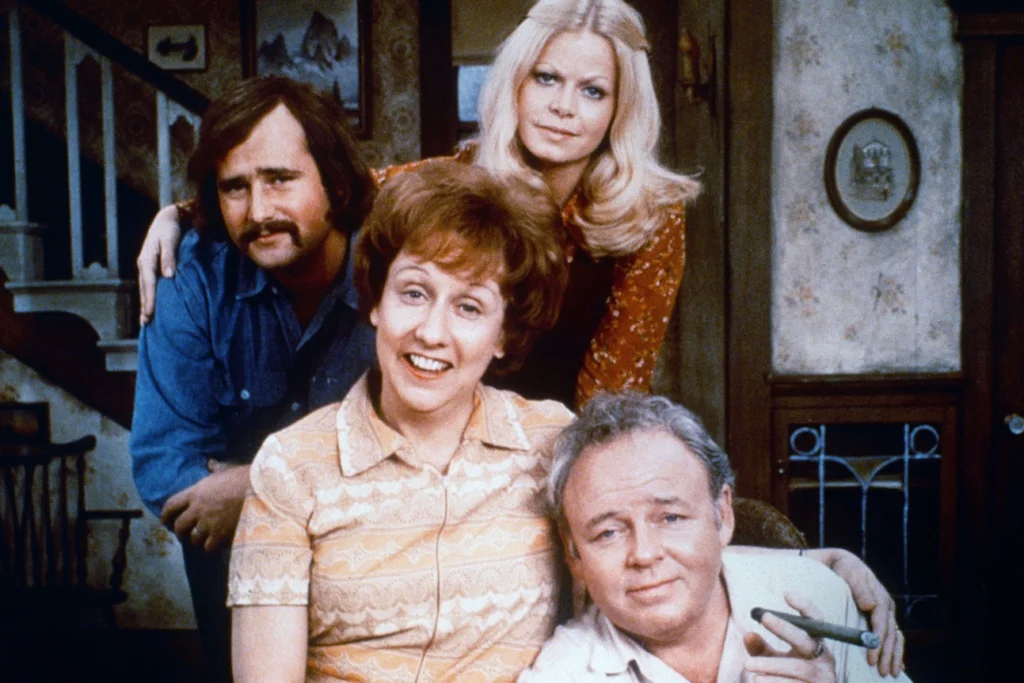
All in the Family broke all the rules of what a sitcom could be. The show featured Archie Bunker, an outspoken, bigoted working-class man, and his family, tackling issues like racism, feminism, and the Vietnam War. The show didn’t shy away from controversial topics, often offering a raw and unfiltered look at American life. It pushed boundaries by showing the uncomfortable truths about society that many were hesitant to discuss on television at the time.
With its candid portrayal of everyday life, All in the Family set the stage for shows like The Simpsons and South Park, which would later adopt a similar irreverence. The series wasn’t afraid to make viewers uncomfortable, forcing them to confront real-world issues while still providing humor. It was an unapologetically bold show that redefined sitcoms, influencing everything from TV’s portrayal of social issues to character development in later decades.
2. M*A*S*H (1972-1983)
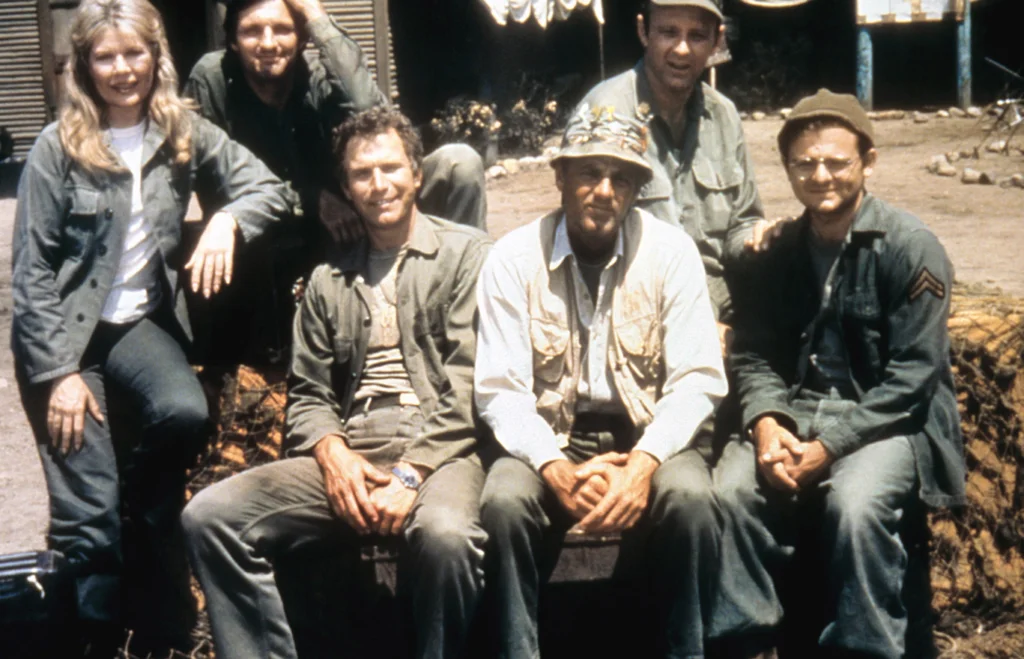
While M*A*S*H was technically a comedy, its deeper themes of war, loss, and human resilience set it apart from typical sitcoms. The show, set during the Korean War, was ahead of its time in blending humor with tragedy. It was one of the first shows to approach war with such a humanistic lens, focusing not on heroism but on the real impact of conflict on the soldiers and medical staff.
The show’s success wasn’t just in its ability to make us laugh but also in its ability to make us think. By mixing poignant moments with satire and slapstick humor, M*A*S*H delivered a subtle but powerful message about the horrors of war and the importance of compassion. It stood out as one of the earliest examples of a show using humor to explore serious, thought-provoking themes.
3. The Mary Tyler Moore Show (1970-1977)

The Mary Tyler Moore Show was groundbreaking in its portrayal of women on television. Unlike many of its predecessors, it didn’t rely on the typical “housewife” stereotype. Mary Richards, played by Mary Tyler Moore, was a single woman working as a TV news producer, a role that was groundbreaking for the time. The show was one of the first to depict a woman in a career-driven, independent role that wasn’t solely focused on romance.
This innovative depiction of women in the workplace was a reflection of the changing roles of women in society. The series also explored friendship, career, and self-worth, offering a nuanced portrayal of female empowerment that was rare at the time. It became a template for future shows focusing on the lives of women outside of family-centric plots.
4. The Twilight Zone (1959-1964) – Re-runs and Influence
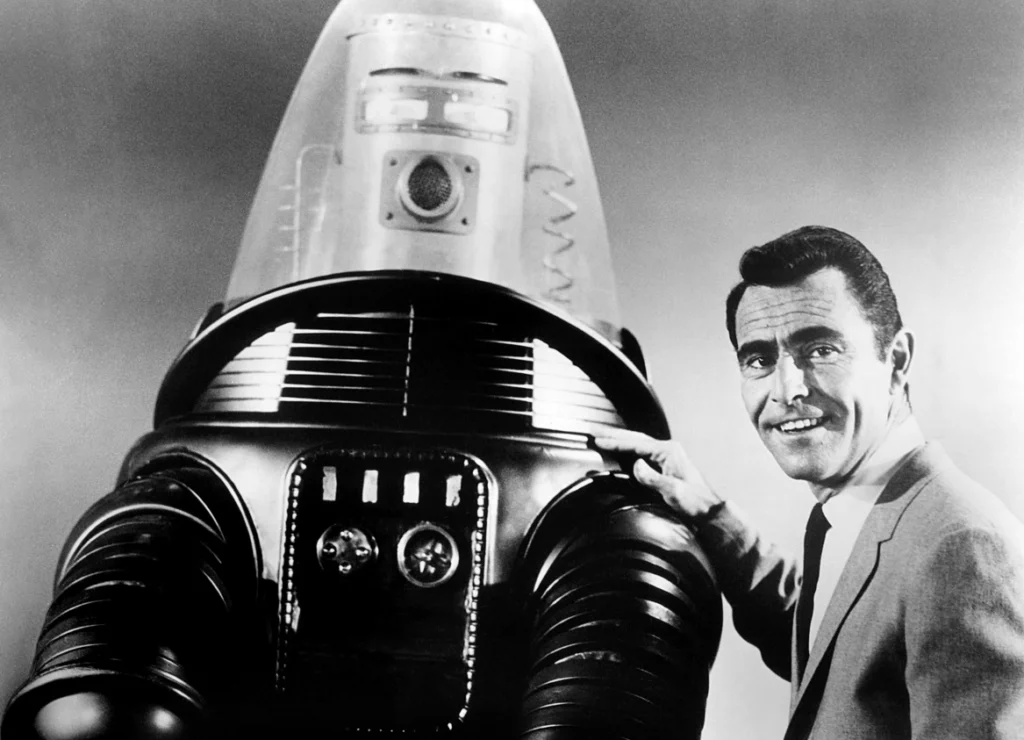
Although The Twilight Zone originally aired in the late ’50s and early ’60s, its re-runs in the ’70s made it a household name for a new generation. The show’s use of science fiction to examine complex moral and philosophical issues was well ahead of its time. It often used allegories to comment on societal fears, such as conformity, technology, and war. These deep explorations of human nature were wrapped in twist endings and eerie plots, making the show both thought-provoking and entertaining.
By the ’70s, The Twilight Zone’s influence had spread far beyond television, inspiring filmmakers, writers, and future sci-fi TV series like The X-Files and Black Mirror. Its combination of social commentary and genre-defying storytelling made it a timeless classic. Even though it was a product of the ’60s, its themes were perfectly suited for the changing cultural landscape of the ’70s, resonating with audiences who were questioning authority and traditional values.
5. Good Times (1974-1979)
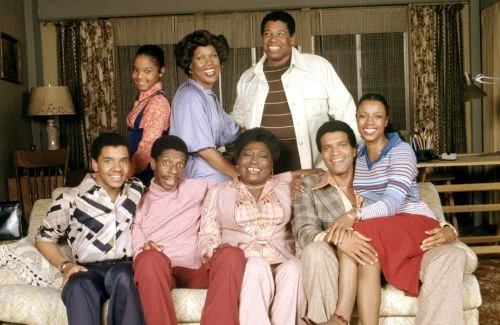
Good Times stood out for its depiction of an African American family living in a Chicago housing project. While it had its comedic moments, the show also confronted the struggles of poverty, systemic racism, and family dynamics in a raw and honest way. At a time when most TV shows avoided such topics, Good Times gave voice to the struggles of the Black community, making it a revolutionary show for its time.
The characters in Good Times were complex and real, breaking away from stereotypes often seen in mainstream media. The show blended humor with heartfelt moments, reflecting the resilience and unity of the family in the face of adversity. It was a show that didn’t shy away from the challenges faced by many Black Americans in the ’70s, offering both entertainment and important social commentary.
6. Star Trek: The Original Series (1966-1969) – Re-runs and Influence
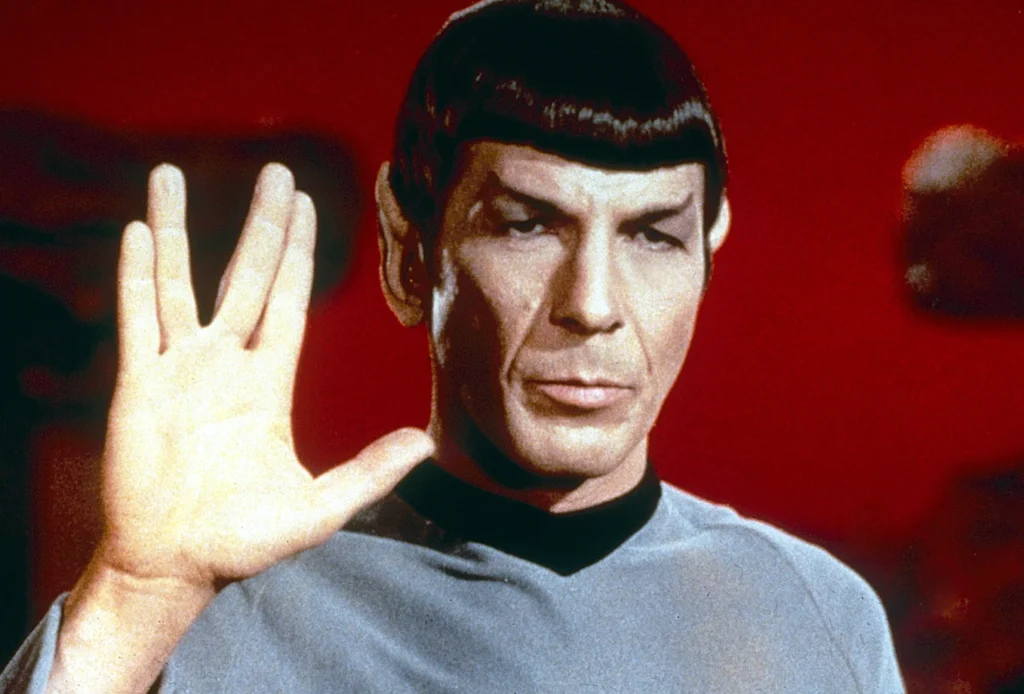
Much like The Twilight Zone, Star Trek wasn’t a ’70s show originally, but its influence and re-runs in the ’70s solidified its place in TV history. The show’s progressive ideas about diversity, space exploration, and the potential for humanity to unite in peace were far ahead of its time. It wasn’t just about space battles and alien races; it was about exploring the moral dilemmas of the future and making a statement about race, gender, and politics in the present.
In an era of social upheaval, Star Trek’s progressive messages about unity and the future resonated deeply with audiences. The series didn’t just entertain; it inspired countless conversations about human rights and the possibilities of a better world. Its legacy carried over into future generations, influencing not only other sci-fi shows but also real-world discussions about diversity and cooperation.
7. The Rockford Files (1974-1980)
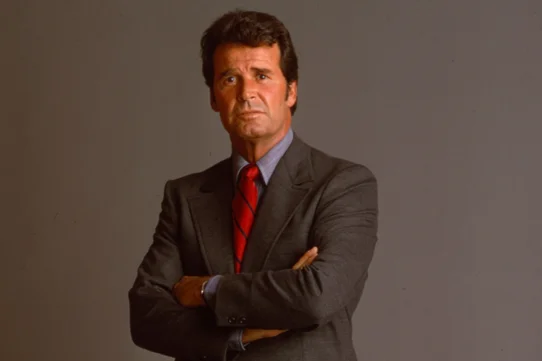
In the world of private detectives, Jim Rockford was different. Played by James Garner, Rockford wasn’t your typical hard-boiled, all-knowing detective. Instead, he was a down-to-earth, flawed character who often found himself in over his head. This approach to the genre was groundbreaking at the time, as it broke away from the stoic, invincible detective archetype that had dominated TV.
The Rockford Files blended detective work with humor and vulnerability, something that had never been done before in the genre. Rockford’s sarcastic wit and his relationship with his father and friends added a layer of warmth to the gritty world of crime. The show’s success helped pave the way for more character-driven crime dramas, influencing series like Moonlighting and The Sopranos in later years.
8. Taxi (1978-1983)
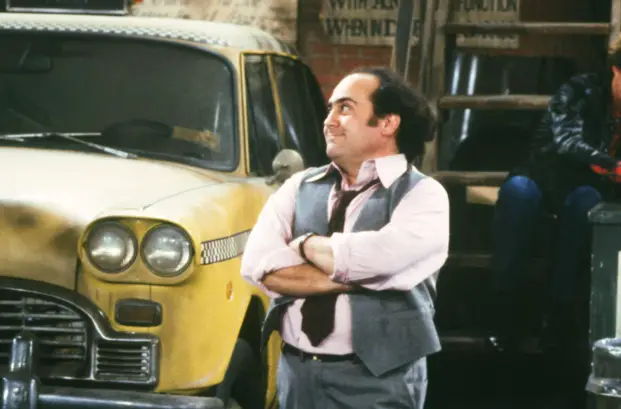
Taxi wasn’t just about a group of quirky New York cab drivers; it was a show about human connection. It tackled complex issues like loneliness, ambition, and identity, often using humor to make serious points. The show was deeply character-driven, with each of the drivers having their own backstory and struggles, making them feel like real people rather than caricatures.
What made Taxi revolutionary was its ability to balance comedy and drama, a blend that was rare in sitcoms at the time. The show didn’t shy away from exploring the characters’ darker sides, offering a more realistic depiction of life in the city. It was a fresh take on the workplace sitcom, showing that even mundane settings could hold moments of deep emotional truth.
9. The Six Million Dollar Man (1974-1978)
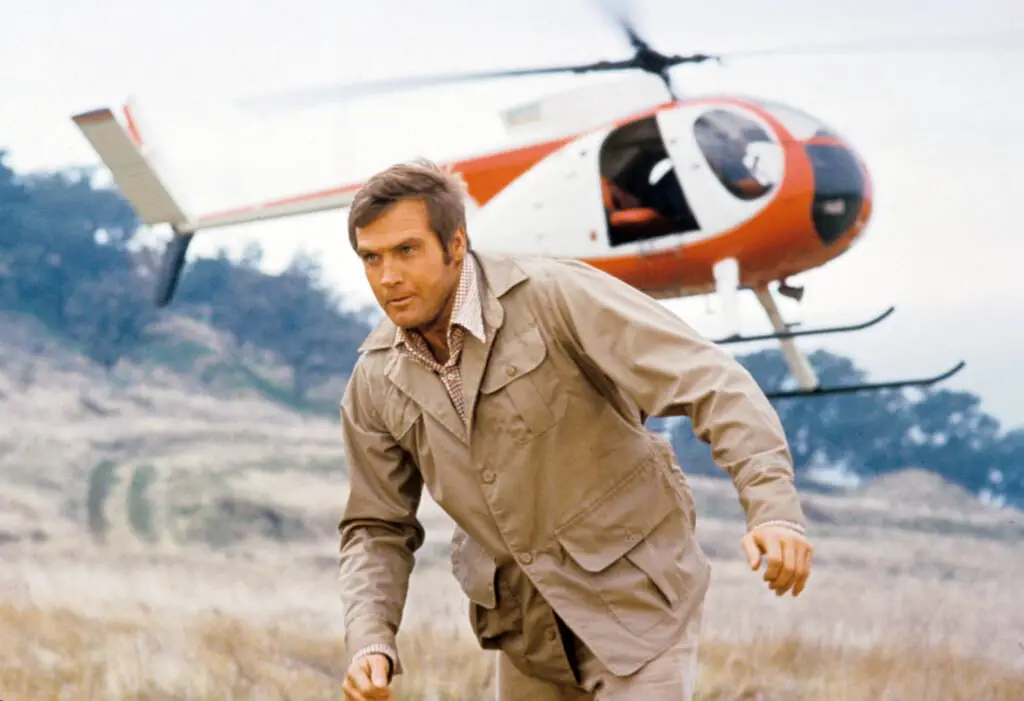
While the premise of The Six Million Dollar Man might sound like a typical superhero story, the show was far ahead of its time in how it blended technology, science fiction, and human emotion. Steve Austin, played by Lee Majors, was an astronaut who was rebuilt with bionic limbs after a near-fatal accident. The show delved into themes of human augmentation and the potential for technology to change our lives, which were groundbreaking ideas in the ’70s.
The series raised questions about humanity’s reliance on technology and the ethical implications of creating “superhumans.” It explored the emotional toll of being “rebuilt,” focusing on Steve Austin’s struggles with his identity and the isolation that came with his new abilities. These explorations of human-tech integration laid the groundwork for later shows like The Terminator and The X-Files.
10. Kolchak: The Night Stalker (1974-1975)
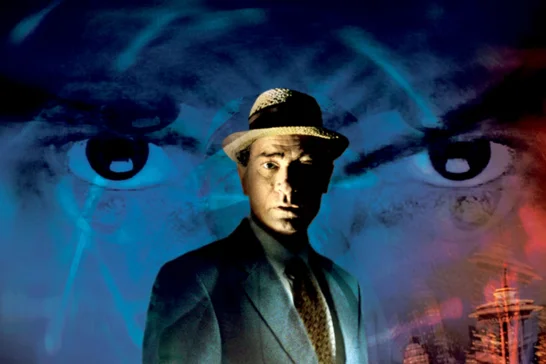
A precursor to The X-Files, Kolchak: The Night Stalker featured an investigative reporter who uncovered supernatural mysteries. Carl Kolchak, played by Darren McGavin, was a character ahead of his time. The show mixed horror with procedural drama, tackling the unexplained with a level of skepticism that foreshadowed the paranormal investigations of later series.
Though it only lasted one season, Kolchak was highly influential in shaping future paranormal TV shows. It blended urban legends, folklore, and dark mysteries into a narrative that was both unsettling and compelling. The X-Files famously took inspiration from Kolchak, and its influence can still be seen in the way contemporary shows approach the supernatural.
11. Chico and the Man (1974-1978)
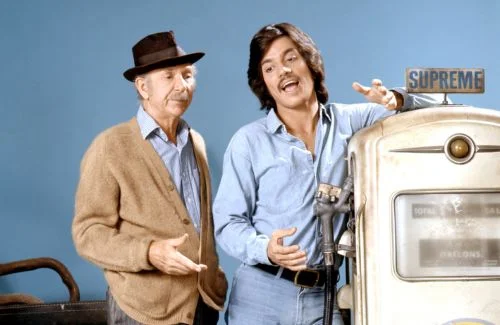
Chico and the Man was one of the first sitcoms to feature a prominent Latino character in a leading role. The show was about a grumpy old mechanic, Ed Brown, and his unlikely friendship with a young Latino man, Chico. The show’s progressive approach to race and cultural representation was revolutionary, especially during a time when racial issues were often ignored on mainstream television.
The series used humor to address the difficulties of being a minority in America, providing a platform for important social issues. It helped break down stereotypes and offered a nuanced portrayal of the Latino experience, paving the way for more diverse representation in the years to come. While Chico and the Man might not be as widely remembered today, its impact on television diversity was significant.
12. The Odd Couple (1970-1975)
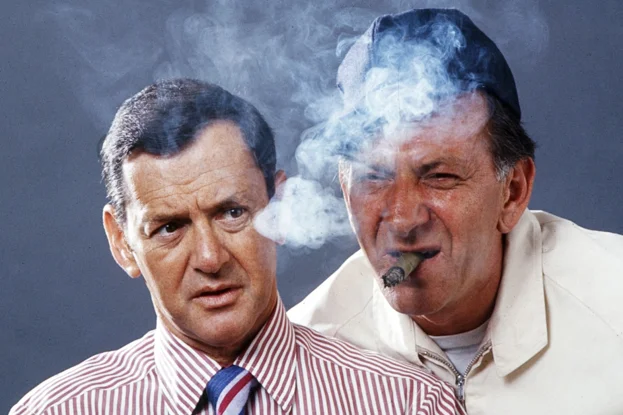
The Odd Couple brought an unconventional premise to television: two mismatched roommates, one neat and obsessive, the other messy and carefree, trying to coexist. The show’s humor stemmed from the oddball pairing and the constant friction between the two leads. The chemistry between Tony Randall and Jack Klugman was unparalleled, with both actors giving deeply memorable performances.
Beyond the laughs, The Odd Couple was a trailblazer in its portrayal of male relationships and dynamics. It showed that friendships between men could be complex and emotional without relying on outdated macho stereotypes. It was a unique take on the traditional buddy comedy, influencing everything from sitcoms to romantic comedies in the decades that followed.
13. The Bob Newhart Show (1972-1978)
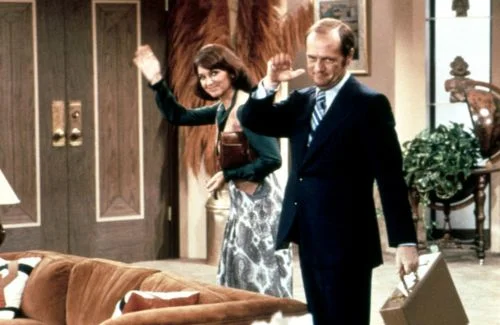
In The Bob Newhart Show, Bob Hartley, a psychologist, navigated the ups and downs of his career and personal life. What set the show apart was its quirky, ensemble cast of characters, including Bob’s patients and his quirky wife, Emily. The series blended sharp humor with emotional depth, offering a fresh take on both the workplace and family sitcoms.
The character of Bob was refreshingly understated, relying on subtle wit rather than exaggerated humor, a trait that was unique for the time. The show’s focus on relationships, both personal and professional, made it a precursor to later sitcoms that would feature more nuanced, character-driven storytelling. The Bob Newhart Show was a quietly influential series that laid the groundwork for shows like Frasier and The Big Bang Theory.


